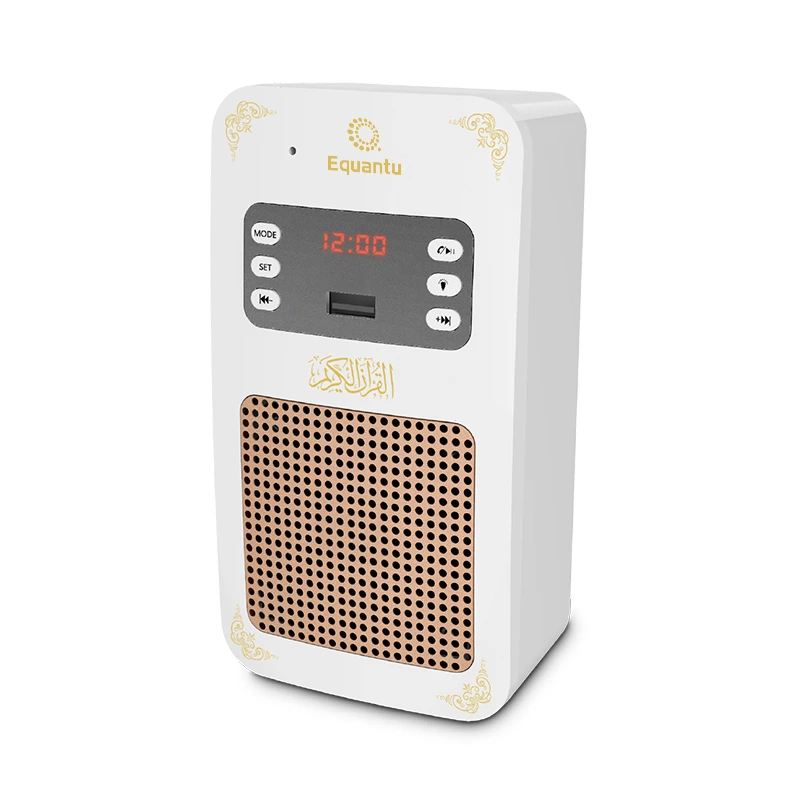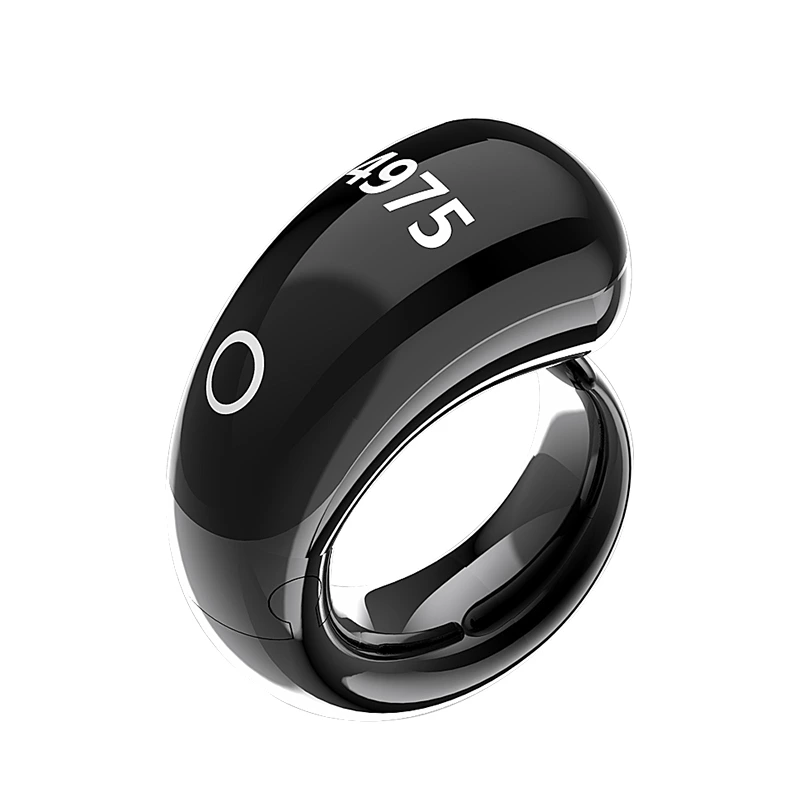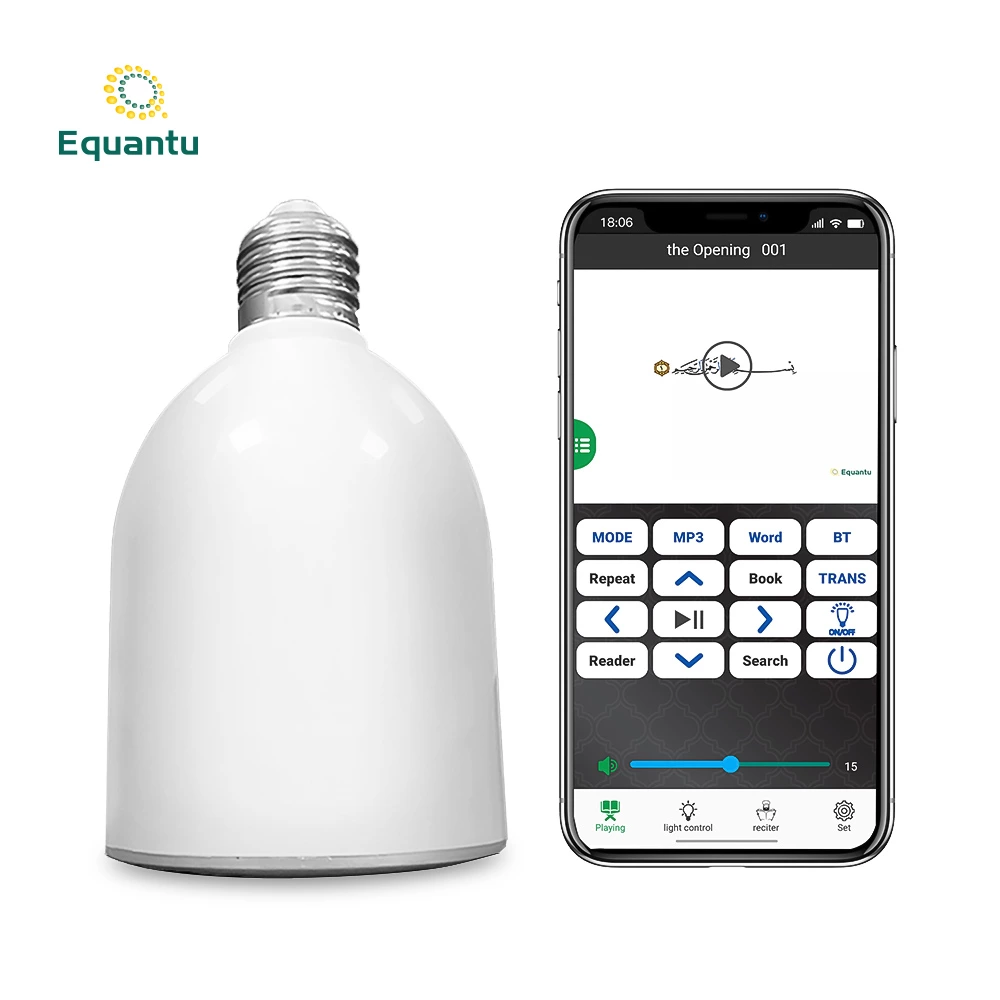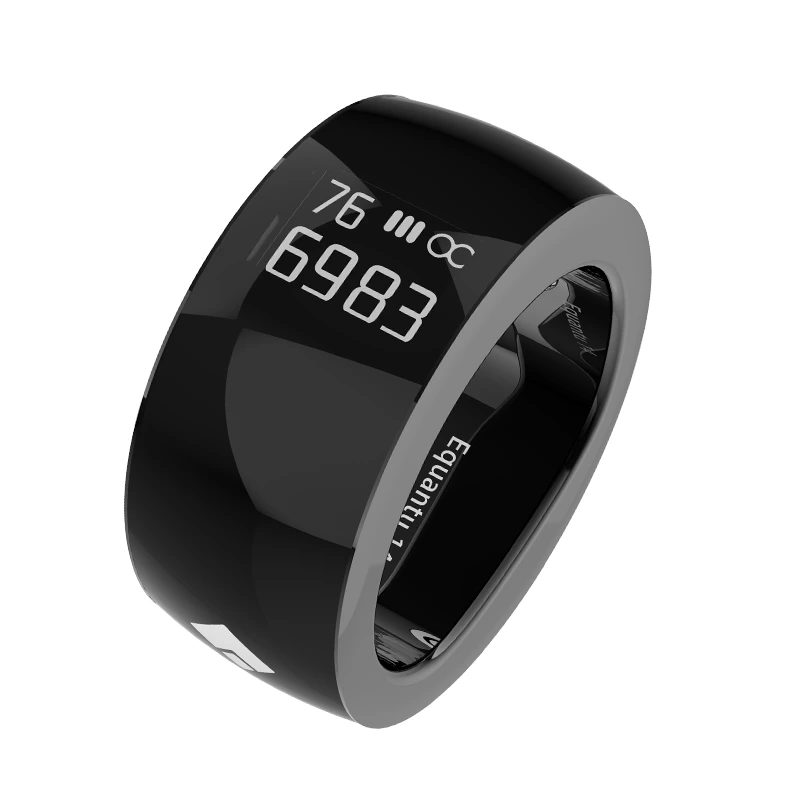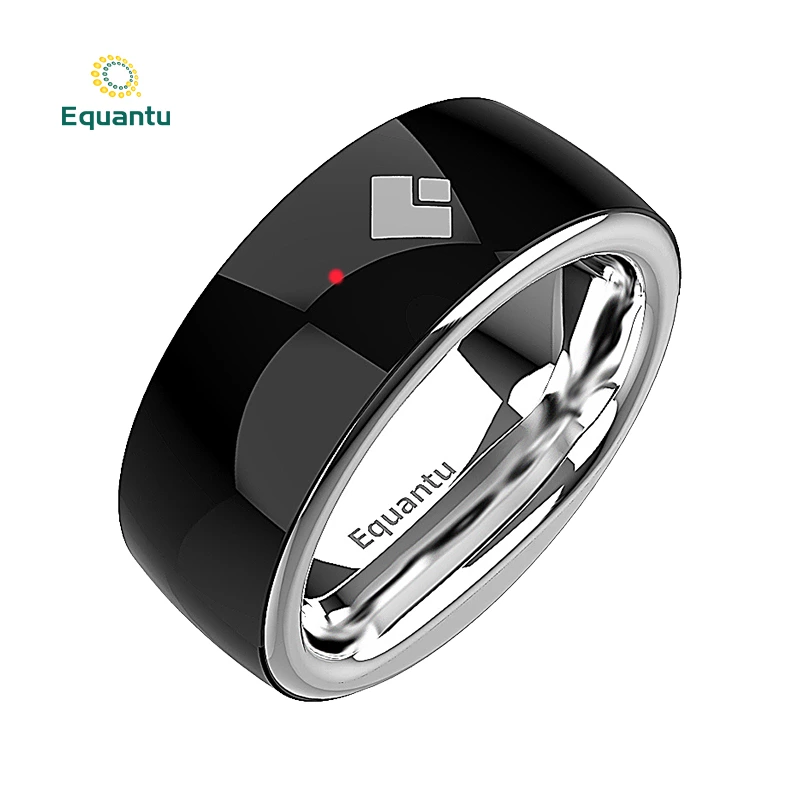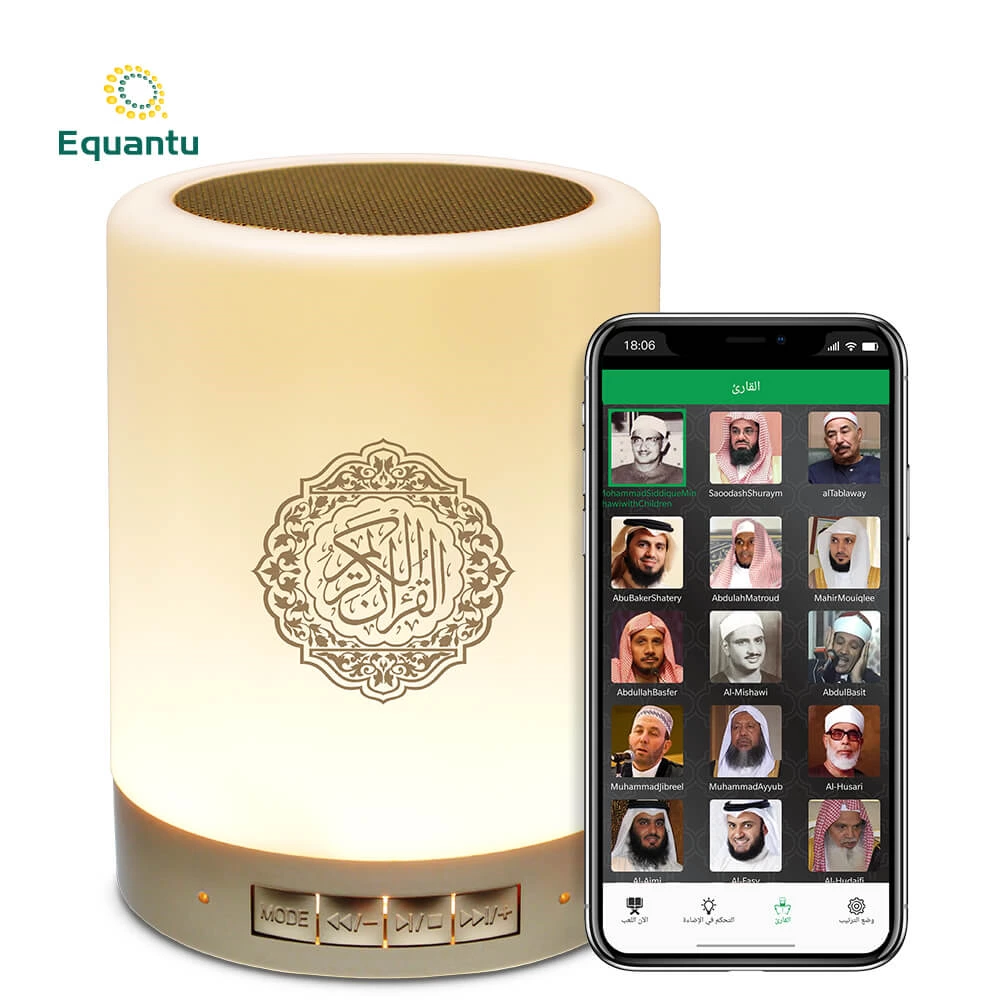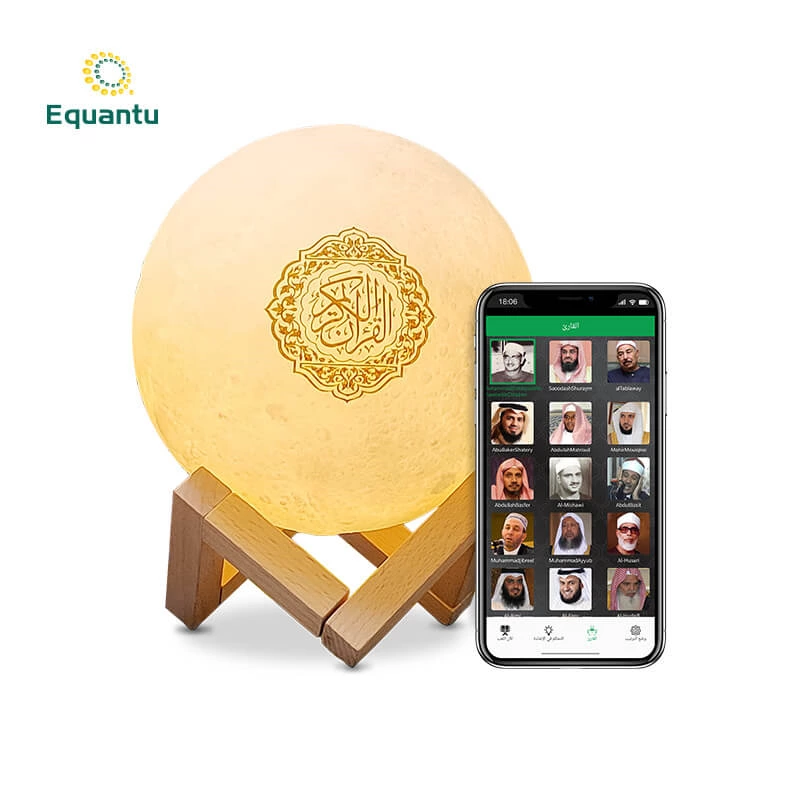Time:Page View:1978
Essential Requirements for Halal Certification
Halal cosmetics must meet several strict criteria to be considered permissible under Islamic law:
1. Ingredient Sources
All ingredients must come from:
- Halal-certified suppliers
- Plant-based sources
- Permissible minerals
- Halal-slaughtered animals (if animal-derived)
2. Processing Standards
The manufacturing process must:
- Use dedicated Halal-certified equipment
- Maintain strict separation from non-Halal products
- Follow proper cleansing rituals if equipment is shared
- Ensure no cross-contamination during production
3. Alcohol Content
Regulations regarding alcohol in cosmetics:
- Must be free from intoxicating alcohol
- Can contain naturally occurring alcohols
- Alternative preservatives must be used
- Synthetic alcohol derivatives must be carefully screened
4. Quality and Safety
Additional requirements include:
- Non-toxic ingredients
- Environmentally friendly processing
- Safe for human use
- Quality testing and verification
The Certification Process
Obtaining Halal certification involves:
- Thorough ingredient verification
- Production facility inspection
- Regular audits and monitoring
- Documentation of supply chain
- Renewal of certification periodically
Benefits of Choosing Halal Cosmetics
Halal cosmetics offer advantages beyond religious compliance:
- Enhanced purity standards
- Ethical production methods
- Natural ingredient focus
- Transparent manufacturing
- Cruelty-free practices
Scientific Basis of Halal Guidelines
The Islamic guidelines for cosmetics are often aligned with modern scientific principles:
- Emphasis on non-toxic ingredients
- Focus on hygiene and purity
- Consideration of long-term health effects
- Environmental sustainability
Understanding these fundamentals helps consumers make informed choices and manufacturers develop compliant products that meet the growing demand for Halal cosmetics.

